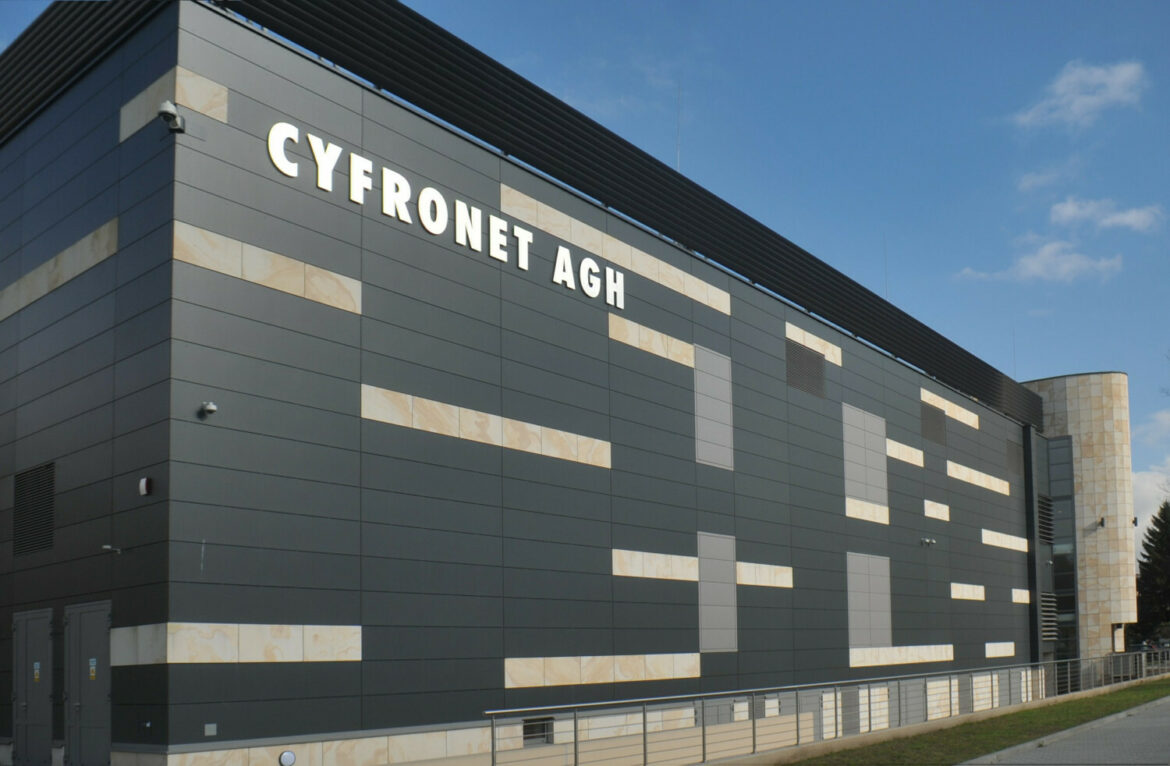Poland is among five countries where new supercomputers creating a pan-European data processing infrastructure will be installed. The machine will work at the Academic Computer Centre Cyfronet of the AGH University of Science and Technology in Krakow. The Ministry of Education and Science has allocated around €12 million under the EuroHPC Joint to support the project.
The European Large Scale Computing Joint Undertaking – EuroHPC Joint Undertaking (EuroHPC JU) has selected the sites where the new supercomputers will be installed. They are in Greece, Ireland, Germany, Poland and Hungary.The expected outcome of the EuroHPC JU supercomputers is the development of science and an increase in innovation potential for the economy, ultimately improving the quality of life of citizens.
In Poland, a mid-range scale system with a capacity several times larger than Athena, currently the fastest supercomputer in Poland reaching a theoretical computing power of 7.7 PetaFlops – will be completed at the end of 2023.
The operator of the new supercomputer will be the Academic Computer Centre CYFRONET AGH in Krakow, and access for Polish scientists will be provided by the PLGrid infrastructure. Like the existing EuroHPC supercomputers, the new systems will be available to a wide range of European users representing the scientific community, industry and the public sector.
The aim of the EuroHPC JU is to enable scientific research on a much larger scale than previously, as well as to develop new solutions that can be applied to the design of drugs and new materials and to combat the effects of climate change and anthropogenic processes.
The initiative currently has five computers that are among the most powerful in the world: LUMI in Finland, Vega in Slovenia, MeluXina in Luxembourg, Discoverer in Bulgaria and Karolina in the Czech Republic.
Arkadiusz Słomczyński





